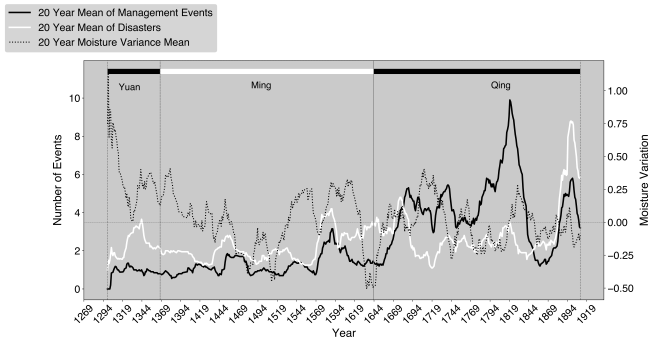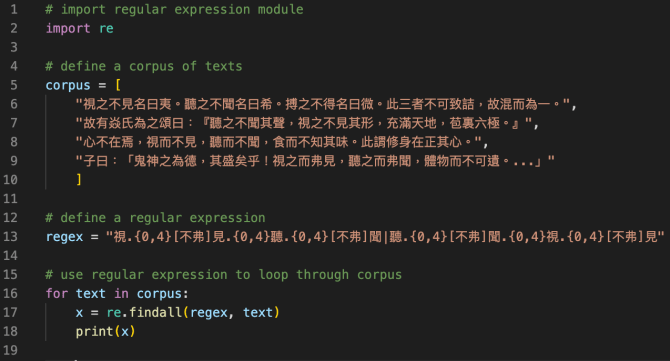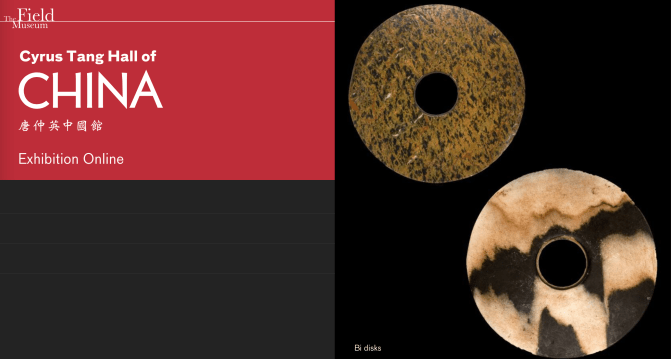Starting this academic year, the Digital Orientalist is introducing a new type of post: the editor’s digest, where editors summarize the posts within an area study, so that our readers have a chance to discover the publications they might have missed. The first post of this kind was written by Jonathan Robker, our editor for Middle Eastern and North East African Studies. Now it is my turn to pick up the baton as the editor for Sinology and show the readers what our team has been up to in the past months.
This semester we have invited several researchers to collaborate with DO team to talk about their projects as guest contributors.

Ruth Mostern, a Professor of History at the University of Pittsburgh, wrote a post about “low-tech” Digital Humanities based on her own research projects in spatial history. This is a great piece showing that complex digital projects do not necessarily require more than a good spreadsheet and good visualizations, and that the ability to frame one’s research question in the right terms and a reliable team can be more important than advanced technologies. And if you wish to learn about Prof. Mostern’s research methods more, you are welcome to view recordings of her online lectures.

Christopher Francese is an unusual contributor for the DO, as he is a Professor of Classical Studies, and not a Sinologist. He, however, started a digitization project of a large Latin-Chinese dictionary compiled in 1841 and has described his experience working with OCR and markup of mixed-script sources. It is inspiring to see specialists from other fields engaging with Classical Chinese, and I encourage our readers to engage with the post and the questions that are asked in it.

Internal to the DO team, the Chinese studies team has a new addition – the newest member, Gian Duri Rominger, in his first post with us wrote about the possible usages of Regular Expressions for the study of patterns in Classical Chinese, expanding on my post on Regular expressions and non-Latin scripts. This technology can be extremely helpful for textual analyses but is often overlooked, and Gian’s post shows some concrete examples of how it can be used in practice.

Among the returning contributors in the China team who published this autumn, there are myself and our Editor-in-Chief Maddalena Poli. As both of us are on the editorial team, we tend to write more about DH in general. Maddalena, who often writes about databases and teaching, contributed a post on resources for teaching Asia that can be used by all kinds of educators; she also shared her opinion on the best programs for writing available.

And, lastly, together with yet another guest contributor, Tilman Schalmey I published the results of the survey of our experiences working in the DH projects as humanists. I feel like we got some interesting results as people shared what are the most gratifying parts of their work and the mistakes they would try to avoid when embarking on their next project, so this can be a worthwhile read for those who are looking to start with the DH.
All in all, this fall we had a lot of contributions coming outside of the core team – and I find it great, as it shows that we are growing to get more engagement with the community and more people want to share their thoughts on the DO platform. I hope that more people will start reaching out to talk about their work!

2 thoughts on “Editor’s Digest December 2023: Chinese Studies”